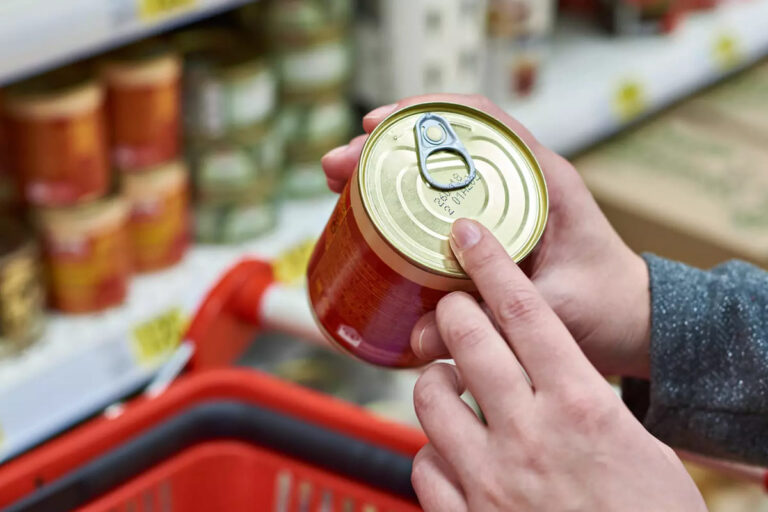In the ongoing quest for a healthy diet, we’re often told to “eat fresh,” but what if I told you that sometimes, canned is better? Take tomatoes, for instance. They’re a staple in any kitchen, but according to Dr. Karan Raj, a surgeon with the NHS, canned tomatoes might just edge out their fresh counterparts when it comes to health benefits.
Why Canned Tomatoes Might Be Your New Best Friend
Tomatoes are beloved for their versatility and health benefits, featuring prominently in diets around the world. However, when processed and canned, tomatoes undergo a cooking process that significantly enhances their nutritional value, particularly their antioxidant content. Dr. Raj points out that canned tomatoes have higher levels of lycopene, an antioxidant that helps protect against premature aging and some cancers. They also boast increased amounts of calcium and iron compared to fresh tomatoes.
This transformation occurs because the cooking process breaks down the plant’s cell walls, making these nutrients more accessible to our bodies. But before you ditch fresh tomatoes altogether, it’s worth noting that they still have their place. Fresh tomatoes are higher in vitamin A and are excellent for adding a refreshing touch to salads and sandwiches.
A Balance of Tomato Options
To get the best of both worlds, it’s wise to mix up how you consume tomatoes. Alternating between canned, fresh, and even frozen tomatoes can help you enjoy a broader range of nutrients. Plus, incorporating them in various dishes—whether as a sauce, in salads, or cooked into stews—can make your meals more exciting and nutritious.
Not Just Tomatoes: Other Foods to Consider
And tomatoes aren’t the only food where less-than-fresh might be better. Dr. Raj also mentions that frozen blueberries can have more vitamins and polyphenols compared to their fresh counterparts. This is because the freezing process slows down nutrient loss, preserving the vitamins that might otherwise degrade over time.
Similarly, frozen peas and spinach pack a more substantial nutritional punch. They are often picked and frozen at peak freshness, ensuring higher levels of vitamins B and E, and in the case of spinach, more iron. This is because the pre-freezing blanching process reduces “anti-nutrients” like oxalates, which can interfere with iron absorption.
Final Thoughts
So, next time you’re at the grocery store pondering over fresh versus canned or frozen, remember that each has its unique benefits. By understanding these differences and planning your diet accordingly, you can ensure you’re maximizing the nutritional value of what you eat. So go ahead, stock up on those canned tomatoes and frozen berries—they’re not just convenient, but they might just be better for you.






